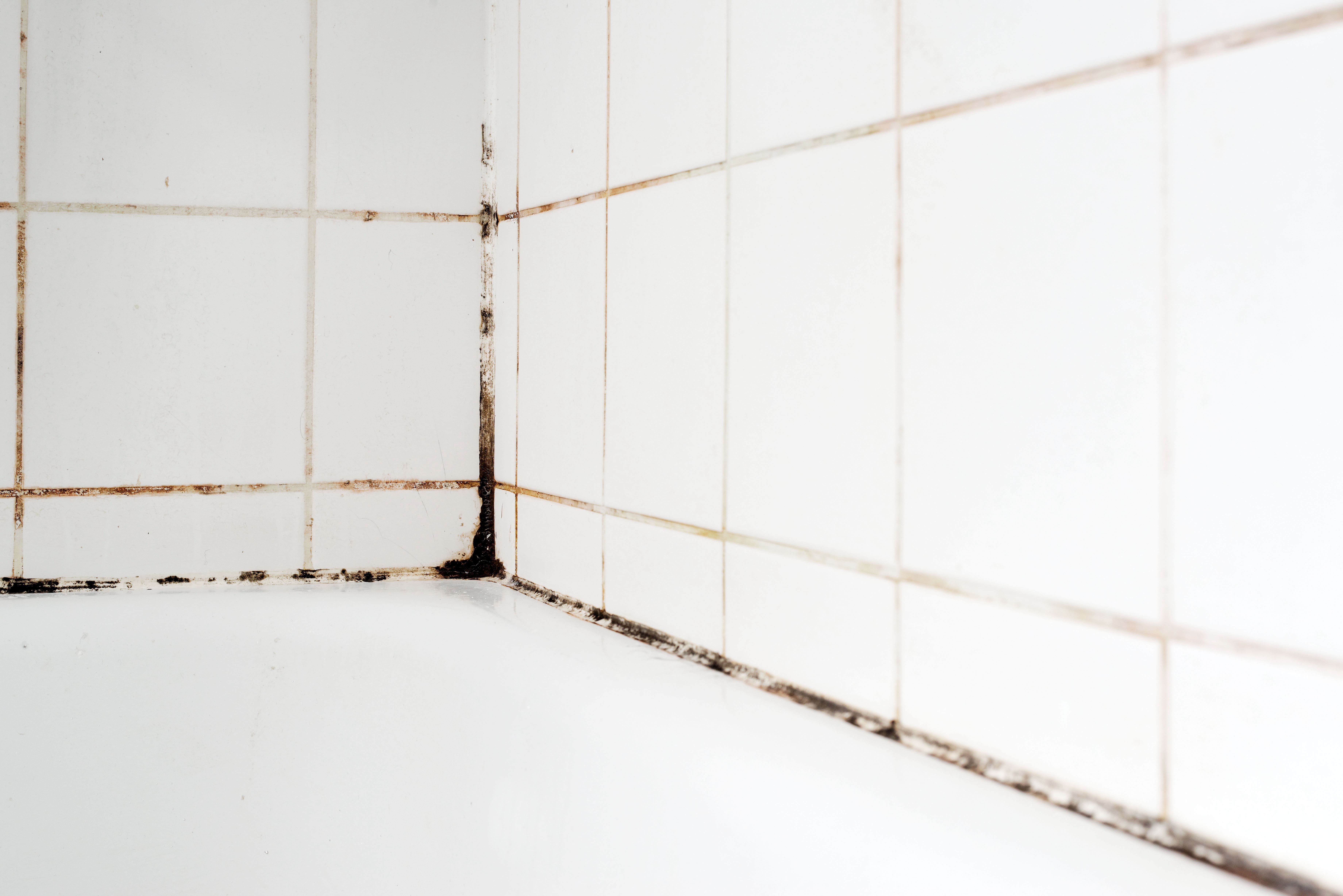Understanding the Risks of Mold in Your Home: Why Expert Removal is Crucial

Mold is more than just an unsightly blight on your walls—it's a health hazard that can profoundly affect your well-being. For those living in water-damaged buildings, the risks escalate, potentially leading to chronic inflammatory response syndrome (CIRS) and other serious health conditions. Here’s why recognizing the danger of mold and ensuring professional mold inspection and mold remediation is essential for safeguarding your health.*
The Origins of CIRS
Chronic Inflammatory Response Syndrome (CIRS) is primarily triggered by prolonged exposure to a variety of biotoxins or inflammagens, typically found in water-damaged indoor environments. A common trigger for CIRS is exposure to mold in the home. The syndrome arises when an individual’s immune system fails to properly clear these toxins from the body, leading to an array of chronic symptoms. This inability is often rooted in genetic predispositions that affect roughly 25% of the population, making them more susceptible to environmental triggers that others might easily tolerate without consequence.

Research has found that genetics play a key role in how our bodies handle certain toxins that can lead to Chronic Inflammatory Response Syndrome (CIRS). People with certain versions of these genes might struggle to remove toxins from their bodies, leading to continuous inflammation and a variety of symptoms. This ongoing battle can make them feel constantly unwell (Shoemaker & McMahon, 2021).
Consequences of CIRS
The consequences of CIRS are widespread, affecting multiple systems in the body. Patients often experience chronic fatigue, cognitive impairments such as memory loss and confusion, muscle and joint pain, and unusual neurological symptoms like vertigo and migraine-like headaches. Over time, the persistent inflammation driven by CIRS can lead to more severe health issues, including neurodegenerative diseases and cardiovascular problems.
Recent studies highlight the relationship between CIRS and chronic neurological conditions. For example, a study published in the Journal of Environmental and Public Health outlines how CIRS can lead to a condition known as a "sick building syndrome," which is characterized by symptoms that include severe neurological impairments ranging from headaches to cognitive dysfunction, which can mimic early stages of Alzheimer's disease (Gray et al., 2020).
The Importance of Addressing CIRS
Addressing CIRS requires a comprehensive approach that begins with the identification and elimination of exposure to environmental toxins, particularly those stemming from mold in water-damaged buildings. The next steps often involve interventions to reduce bodily inflammation and support detoxification pathways. This may include dietary adjustments, pharmaceutical interventions to manage symptoms, and strategies to heal the damaged tissues and systems.
As CIRS gains recognition in the medical community, more healthcare providers are becoming equipped to diagnose and treat this complex condition effectively. The ongoing research and emerging treatments offer hope to those affected, emphasizing the importance of early detection and comprehensive management strategies.
The Hidden Dangers of Mold
Mold thrives in moist, damp environments, often a consequence of water damage within a building. What may start as a minor issue can quickly escalate, leading to the growth of mold that releases harmful biotoxins into the air. These toxins are not just allergens; they can trigger severe immunological responses in the body, particularly in individuals genetically predisposed to such reactions.

Symptoms and Health Implications
Exposure to mold can often be misdiagnosed due to the similarity of its symptoms to other illnesses. Individuals affected by mold may experience a range of symptoms that mimic the flu—headaches, muscle aches, fatigue, respiratory issues, and even brain fog. Chronic exposure can lead to more severe health issues, as the body continuously fights against these toxins without adequate immune response due to the lack of proper antibody production.
The Crucial Role of Professional Mold Remediation
Given the risks associated with prolonged exposure to mold, it's crucial to engage professional mold remediation services to handle mold inspection and removal effectively. Professional mold remediation goes beyond mere cleaning; it involves identifying the source of moisture, evaluating the extent of mold growth, safely removing contaminated materials, and ensuring that the environment is restored to a safe condition.
Why DIY Isn’t Enough
While DIY solutions may seem cost-effective, they often fall short in addressing the root causes of mold growth and can sometimes exacerbate the problem. Professionals are equipped with the necessary tools and expertise to assess and resolve mold issues comprehensively, ensuring that the mold remediation process is thorough and that preventive measures are put in place to avoid future problems.
Ignoring mold in your home is a risk that can lead to serious health complications. Engaging professional mold remediation services is not just about removing mold but about protecting your health and the integrity of your living space. If you suspect mold growth in your home, don’t wait—contact a professional to evaluate your situation and take the necessary steps to ensure a safe, healthy environment.
Ready to ensure your home is mold-free?
Contact WeDry USA today for comprehensive, FREE mold inspection and expert mold remediation services. We are licensed and certified to assess and remove mold from your home, protecting your health, your property, and your peace of mind. Trust in our credentials and expertise to address your mold concerns with the utmost professionalism and care.
*Disclaimer:
The information provided in this article is for educational and informational purposes only and is not intended as a substitute for professional medical advice, diagnosis, or treatment. We are not licensed medical professionals. Always seek the advice of your physician or other qualified health provider with any questions you may have regarding a medical condition or health concerns. Never disregard professional medical advice or delay in seeking it because of something you have read on this website.
References:



